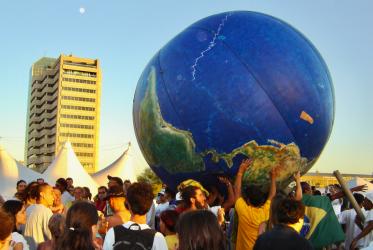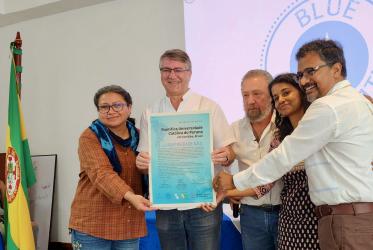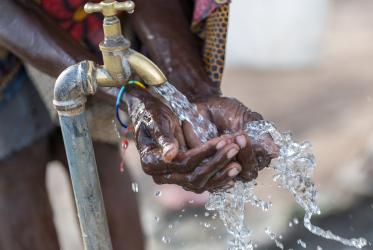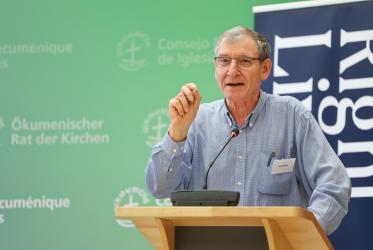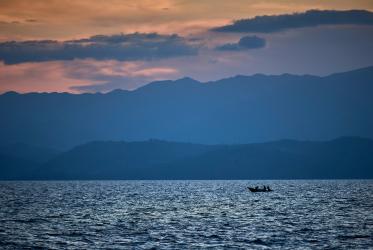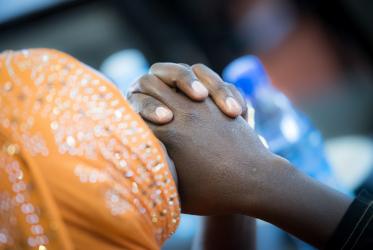Displaying 1 - 20 of 123
WCC to share key insights at World Social Forum
09 February 2024
WCC stands in solidarity with victims of major flood in Brazil
17 February 2022
African church leaders train in leadership, diakonia and development
12 November 2021
Protecting Ethiopia’s church forests
27 October 2021

